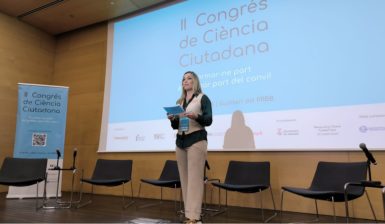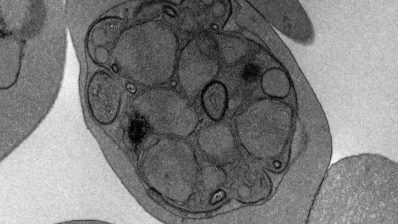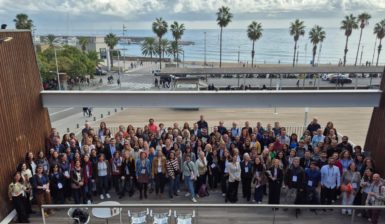Two recent studies carried out by the Barcelona Institute for Global Health (ISGlobal) have observed how exposure during the first years of life to air pollution and noise can have effects at the cognitive level.
Noise
In the first study, they analyzed the impact of traffic noise on 38 schools in Barcelona, with the participation of 2,680 children between 7 and 10 years old. To do this, they measured noise levels outside, in the playground and inside the classroom for 12 months, and studied the evolution of attention span and working memory.
The results showed that, in those schools exposed to higher traffic noise, the progression of memory and attention span was slower. But they also observed that a greater fluctuation in sound levels was also associated with a worse evolution. That is why Maria Foraster, the first author of the study, points out that “it could be that noise peaks in the classroom are more disruptive to neurodevelopment than the average decibel”. Jordi Sunyer, principal investigator, adds that “our study reinforces the hypothesis that childhood is a vulnerable period in which external stimuli can affect cognitive development.”
Pollution
In the second study, the authors explored how exposure to traffic noise and air pollution during pregnancy and childhood are associated with effects on brain connectivity. For this reason, data were used on 2,197 children born between 2002 and 2006 living in Rotterdam and the levels of nitrogen oxides (NOX and NO2) and particulate matter (PM) were estimated at the homes of the participants. In addition, magnetic resonance imaging (MRI) images were obtained to observe possible alterations in brain connectivity.
In this case, while no association was obtained with respect to noise, the results showed that greater exposure to pollution particles between birth and 6 years of age was associated with greater functional connectivity of two brain areas with strongly opposed functions; one that is usually activated at rest and another that is activated during tasks that require attention. Laura Pérez-Crespo, first author of the study, explains that “we still have to understand the consequences of this increased activity in both networks, but for now we can say that brain connectivity in children exposed to higher levels of air pollution is different from what might be expected”.
- Foraster M, Esnaola M, Lápez-Vicente M, Rivas I, Álvarez-Pedrerol M, Persavento C, et al. (2022) Exposure to road traffic noise and cognitive development in schoolchildren in Barcelona, Spain: A population-based cohort study. PLoS Med 19(6): e1004001. https://doi.org/10.1371/journal. pmed.1004001
- L Pérez-Crespo, MSW Kusters, M López-Vicente, MJ Lubczyńska, M Foraster, T White, G Hoek, H Tiemeier, RL Muetzel, M Guxens. Exposure to traffic-related air pollution and noise during pregnancy and childhood, and functional brain connectivity in preadolescents. Environ Int. 2022 Jun;164:107275. doi: 10.1016/j.envint.2022.107275. Epub 2022 May 5.







